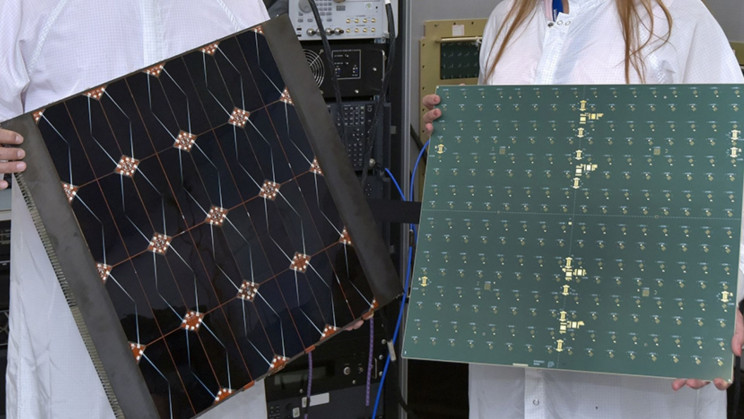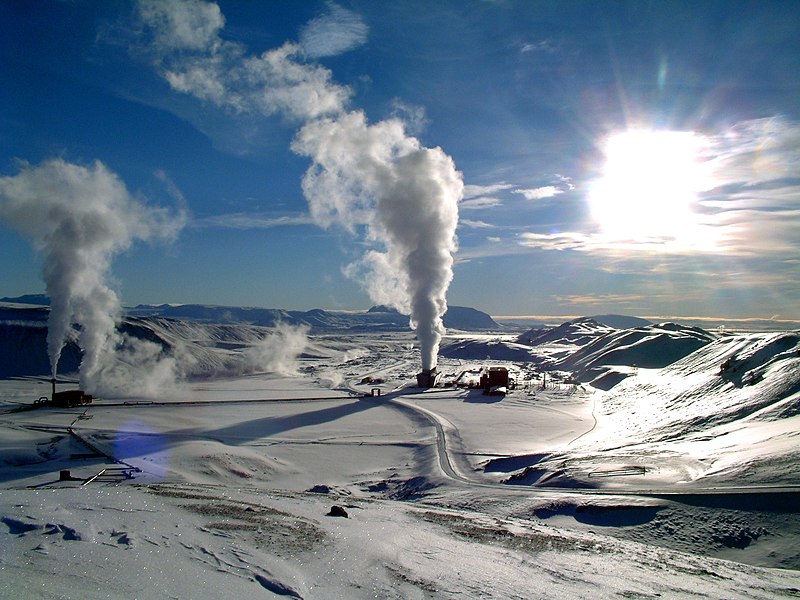The sheer number of categories for US military unmanned systems is mind-boggling:
- Air Vehicles (UAV, UAS, RPAS)
- Ground Vehicles and Robotic Systems (UGVs)
- Surface and Subsea Vehicles (USV, UUV), i.e., Unmanned Underwater Vehicles
- Space Vehicles
Each of these categories will have a profound influence on how the US military develops strategy, fights enemies, and expends taxpayer money to defend the United States and its allies.
Vehicles Designed for Dynamic Marine Environments
Maritime Autonomous Systems (MAS) are now plying the world’s oceans either on the surface or beneath the waves. In simple terms, the US Navy is now capable of unprecedented rapid deployment of Anti-Submarine Warfare (AWS) to protect high-value assets from submarines and sea mines. But applications for these new autonomous vessels are vast.
Turning the Page on Human Piloted Vessels
Piloting of marine autonomous systems is the first challenge and first advantage. Human error and fatigue are taken out of the equation. Designing, building, and operating robotic autonomous vessels is extremely challenging for engineers, but due the rapid roll-out of each new generation, USV technology is maturing.
Following are two USVs and one UUV:
Maritime Autonomous Systems
The following chart shows USVs, including mine counter-measures (MCM) for remote mine hunting and countermeasures, and maritime security including ISR, port surveillance, special operations forces (SOF) support, and electronic warfare.
The chart also shows unmanned undersea vehicles (UUV) including battleship preparation autonomous undersea vehicles (BPAUV), surface mine countermeasure (SMCM) UUVs, litoral battleship sensing AUVs, gliders and more.
The following video shows a BAE Systems unmanned surface vessel being tested near the Fort Smith Naval Base last year.






